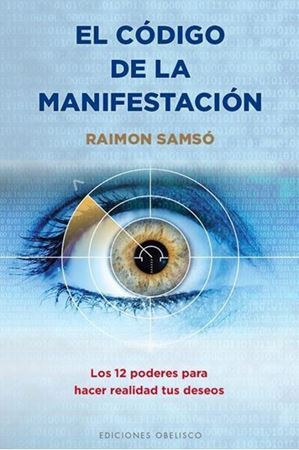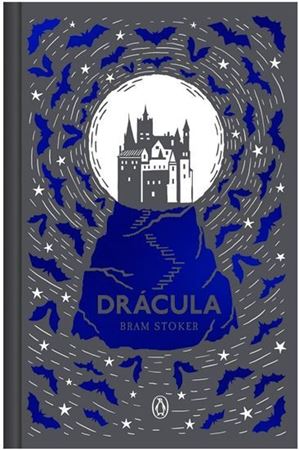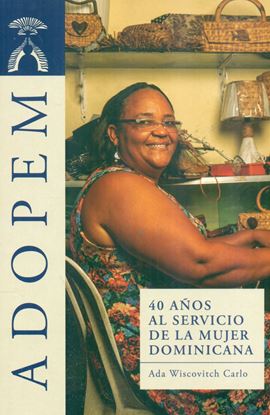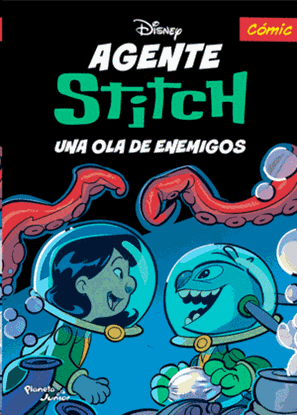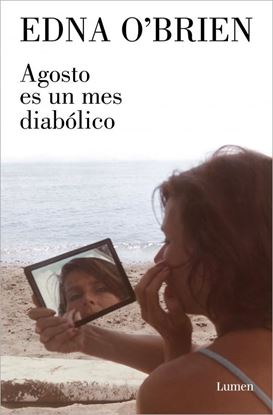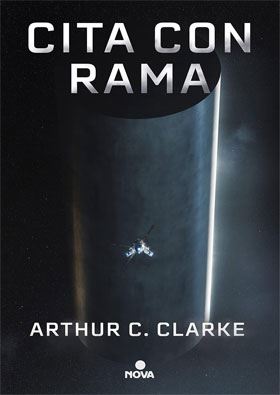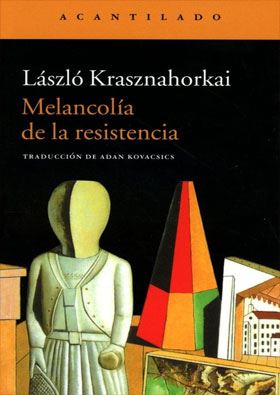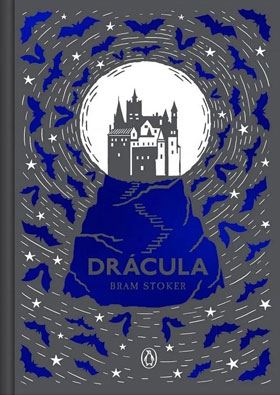

NOVEDADES
ADOPEM. 40 AÑOS AL SERVICIO DE LA MUJER
Me alegro mucho cuando veo mujeres que comenzaron con 2,500 pesos de préstamos
y ya pueden estar tomando cien, trescientos, cuatrocientos mil, o sea, que han ido creciendo con la institución.
El trabajo no ha sido en vano, a veces dicen “por qué trabajan en los barrios, esa gente no entiende”, pero, al contrario, al fin y al cabo, los resultados se van teniendo y de ahí hoy tenemos grandes empresarias.
En los lugares donde trabajamos nuestras empresarias no tienen una educación formal,
si no se la damos, ellas no van a poder salir
de la pobreza.
1,000
AGENTE STITCH. UNA OLA DE ENEMIGOS
Justo cuando Lilo y Stitch piensan que la Tierra está a salvo de una invasión alienígena, unas peligrosas criaturas acuáticas han comenzado a aterrorizar las ciudades de París y Londres: los globlobs. Con la ayuda de un inesperado aliado, Stitch, Lilo, Jumba y Pleakley viajan muy lejos de casa para intentar detener a la temible ola de enemigos.
¡Disfruta esta historia en formato cómic!
500
AGOSTO ES UN MES DIABOLICO
Prohibida en distintos países tras su publicación, Agosto es un mes diabólico es el hirviente relato de una mujer que se redescubrirá durante un viaje a la Riviera Francesa. Ellen vive en una ciudad que le disgusta, un lugar que niega su pasado y no ofrece ninguna esperanza para su futuro. Separada y con un hijo, está determinada a cambiar su vida. Por ello, abandona Londres en busca de sol y compañía, pero el camino no resultará fácil. Al recibir de pronto una noticia desgarradora, descubre que hay una fina línea entre la independencia y la soledad. Una novela de «fulgurante energía» (Colm Tóibín) que confirmó a Edna O’Brien como «una revolución en la escritura irlandesa» (John Banville).
1,250
AHI ESTA FELICIE (BOL)
Cuando vuelve de hacer compra, la criada Félicie descubre que han asesinado a su empleador, el jubilado Jules Lapie. Llamado a investigar, el comisario Maigret no tarda en darse cuenta de que esa joven poco agraciada sabe más de lo que dice, pero también de que su carácter soñador la hace proyectar en la realidad anhelos y fantasías románticas.
¿Cómo conseguir que confíe en él? ¿Y a quién protege con su silencio? Pocas veces un testigo ha causado tantos problemas al famoso comisario.
950
AHORA YO DECIDO
Si alguna vez te has sentido perdido, atrapado en relaciones que no te hacen bien o sin saber cómo avanzar en la vida, este libro es para ti.
Ahora yo decido es una invitación a conocerte mejor, a entender cómo el contexto y tu pasado han moldeado la forma de relacionarte con los demás y contigo mismo, y a encontrar herramientas prácticas para vivir con más seguridad y bienestar. Con un enfoque cercano y honesto, la psicóloga Luisana González combina experiencias personales, historias reales y estrategias basadas en la psicología para ayudarte a reconstruir tu autoestima, establecer límites sanos, cerrar ciclos, crear relaciones saludables y redefinir tu propio concepto de la felicidad para tomar las riendas de tu vida.
1,450
AIR FRYER FACIL. PLATOS DELICIOSOS
Transforma tu cocina con la freidora de aire y con las recetas fáciles, versátiles y deliciosas de Jamie Oliver.
Las freidoras de aire nos ahorran tiempo y dinero. Y ahora, además, puedes descubrir lo deliciosa que pueden ser sus preparaciones.
Tanto si es nuevo como si es un experto en el uso de este electrodoméstico, Jamie Oliver está aquí para ayudarte a llevarlo al siguiente nivel.
Este libro es el resultado de muchos meses de experimentación, y con él vas a poder comprobar lo delicioso y versátil que puede ser freír con aire. Con este libro aprenderás a preparar platos que la gente no creerá que se han hecho en la freidora de aire.
1,800



